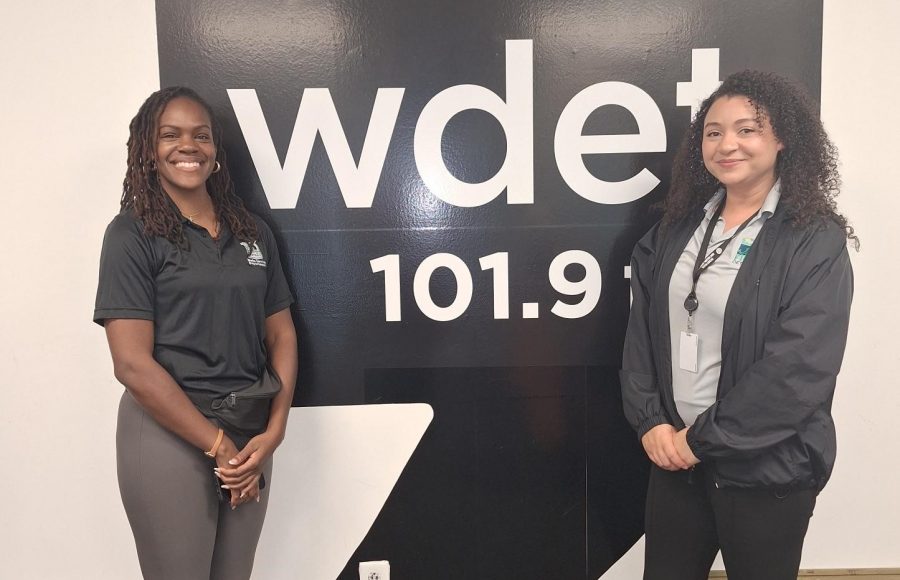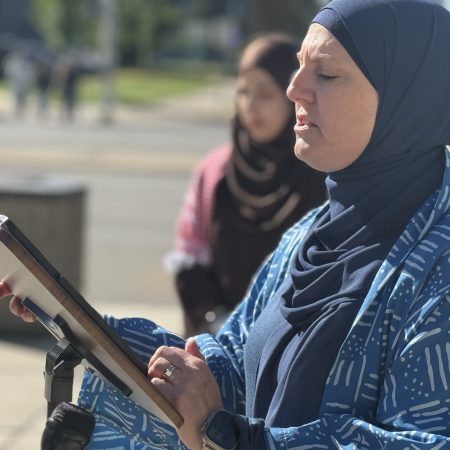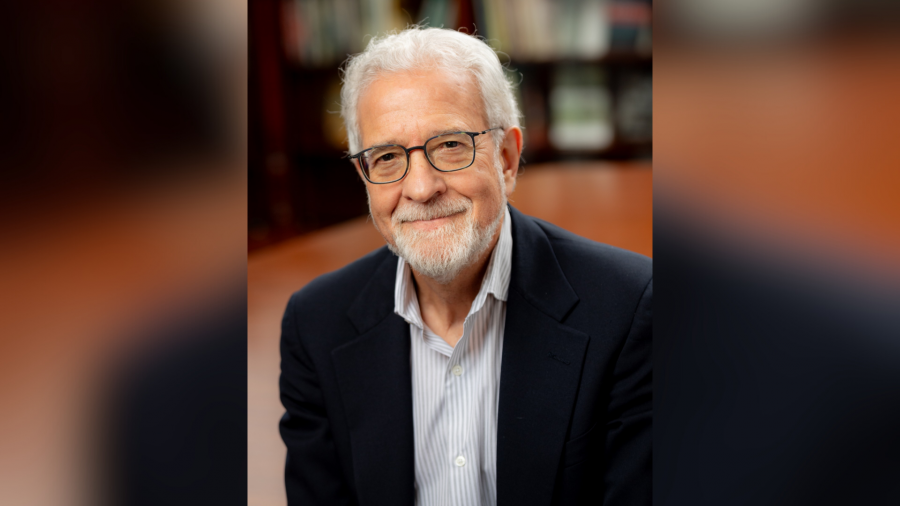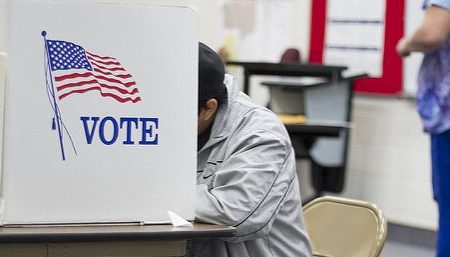The Metro: A lifeline is closing for trans teens at Michigan’s flagship hospital
The University of Michigan is ending gender-affirming care for minors, leaving an untold number of families with fewer options and greater uncertainty.
Gender-affirming care for minors is legal in Michigan, and major medical and mental-health associations recognize it as best practice. Research links it to lower depression and suicide risk.
But a Michigan Medicine spokesperson said in a prepared statement that the risks of offering this care are now too high. This comes after it received a federal subpoena as part of a criminal and civil investigation into gender-affirming care for minors.
“We recognize the gravity and impact of this decision for our patients and our community. We are working closely with all those impacted,” the statement reads.
The announcement represents a profound loss for families. For some young people, it means a place they felt safe and could trust is closing its doors. And the consequences are real: more anxiety, more depression, greater risk of suicide.
Equality Michigan’s Emme Zanotti joined Robyn Vincent to discuss the impacts on Michigan families. Zanotti, a trans woman, also took off her advocate hat to reflect on the personal reverberations she feels at this moment.
Michigan Medicine did not respond to an email request about the number of patients who will be affected and how the hospital plans to assist patients during this transition.
Editor’s Note: After this conversation aired, Corewell Health, a major healthcare provider in Michigan, also announced the end of its gender-affirming care.
Listen to The Metro weekdays from 10 a.m. to noon ET on 101.9 FM and streaming on demand.
Subscribe to The Metro on Apple Podcasts, Spotify, NPR.org or wherever you get your podcasts.
Trusted, accurate, up-to-date.
WDET strives to make our journalism accessible to everyone. As a public media institution, we maintain our journalistic integrity through independent support from readers like you. If you value WDET as your source of news, music and conversation, please make a gift today.Donate today »
More stories from The Metro
The post The Metro: A lifeline is closing for trans teens at Michigan’s flagship hospital appeared first on WDET 101.9 FM.
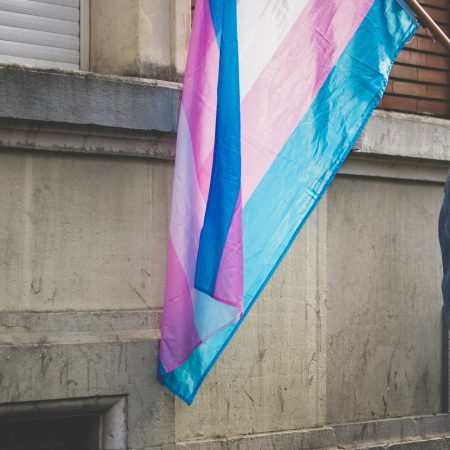

![] (6)](https://wdet.org/wp-content/uploads/2025/09/6-900x534.png)
